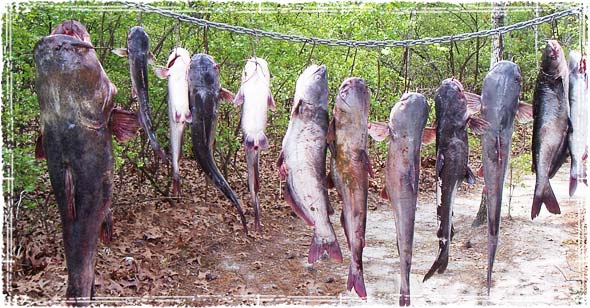Email a copy of 'The Long View- Part 2, by J.M.' to a friend
8 Comments
- Ad Barter and Sell at Simcour Trading PostA new site for individuals to barter and sell items of interest to other like-minded individuals
- Ad USA Berkey Water Filters - Start Drinking Purified Water Today!#1 Trusted Gravity Water Purification System! Start Drinking Purified Water now with a Berkey water filtration system. Find systems, replacement filters, parts and more here.


Regarding your assertion that revolvers have fewer moving parts than pistols and are therefore more reliable, apparently you haven’t seen a revolver with the sideplate removed. Revolvers are significantly more complex than pistols, as a general rule. Where revolvers shine in reliability is in their capability to handle inconsistent ammunition. This becomes important in a long term situation if you are reloading and must use homemade powders or powders which have lost their potentcy. The same applies for old or suspect modern ammunition.
Otherwise, nice article. Thanks.
If you have a well, get a “well torpedo”and enough rope to reach the water. You first will have to pull out your pump. No electricity required!
I concur that the revolver is a great survival weapon! My EDC is a model 629. They almost never fail, however when they do it is going to be a catastrophic failure so you’ll need a gunsmith to fix it. Auto-loaders on the other hand fail more often, but its usually something easily fixable by the lay person with a understanding of how their pistol works. That being said I’ve never encountered a failure of any kind with my XDm in the few thousand rounds I’ve put through it. *Knock on wood* Also it should be noted that the reload speed on a revolver vs. automatic is subjective. One person may be able to reload automatics faster and the next might be able to reload revolvers faster.
As to reloading I do it because in a prolonged collapse I would rather have the capability to manufacture ammo for me and mine than be at the mercy of someone else that does have that capability if for some reason we do run low on our ammo stores.
For the medical preparations I have a Doctor in my family and they encouraged everyone who was able to attend at least EMT basic training at the local community college. They are also a big believer in storing lots and lots of medical supplies as you said lol. It would also be advisable to grow some herbs along with your normal garden as well for medicinal purposes.
Thank you for the article. It is well written and informative!
Regards,
Jim
As an emergency physician with specific training in disaster medicine I could not agree more with your recommendation that everyone in the family take the standard Red Cross First Aid course. Indeed, I really recommend the EMT-Basic course as the background information, skills, and basic medical knowledge will be invaluable in most of daily life. Even if you have no desire to serve in EMS, it is an appropriate knowledge base for self-reliance if SHTF. I had both of my daughters take this course for this very reason.
I also completely agree with you about ‘Where There Is No Doctor’ and Where There Is No Dentist.’ I prepared an annotated list of references for those who must practice in ‘austere’ conditions. (Austere medicine is how we will practice after SHTF). This list is available at: http://moljinar.com/page6/files/Austere%20Medicine%20Books%20v2.doc It does contain books that are ‘professional medical’ in content, but goes far beyond basic EMT training. I keep the entire list of books on a USB as references anytime I am deployed to a disaster.
And, again, having responded to multiple disasters, I’d NOT recommend ‘acclimating’ yourself to local water. Filter, boil, and/or treat ALL of the water that goes in your mouth. (Tested well water would be an exception, of course.) Look at cholera in Haiti for a very easy example of why you should do this. Giardia would be another more local example. There is also an article on Oral Rehydration Therapy on the Moljinar website, which will likely be needful if you try ‘acclimate’ to water with shigella, salmonella, or cholera (organisms that will make Montezuma’s revenge a living thing!)
Re; ‘acclimating’ yourself to local water. I definitely didn’t mean to imply that anyone do this AFTER an emergency event, especially with an untrusted water supply. What I was shooting for was for people that have a reasonably clean natural water supply now should consider weaning themselves off of the use of filters if at all possible (and safe). The goal should be to reduce the number of supplies (e.g. filters) that you rely on. If you are going to end up with an illness as a result of drinking unfiltered water, it would make sense to minimize the impact by starting with small amounts and have it happen while advanced medical support is available.
That is the most comprehensive list I’ve seen so far, thank you very much!
J.M. :
Thanks for the more info!
Stewart C. I am trying to set up my own first aid/emergency care building at our retreat. Do you have any suggestions that will help me organize and group my supplies for maximum efficiency?
A couple of years ago I took Doc Cindy’s med prep class, I have also been certified in Red Cross first aid and disaster relief training, and I’m a CERT volunteer. I’m just not an organizer, esecially when it comes to medical preps.